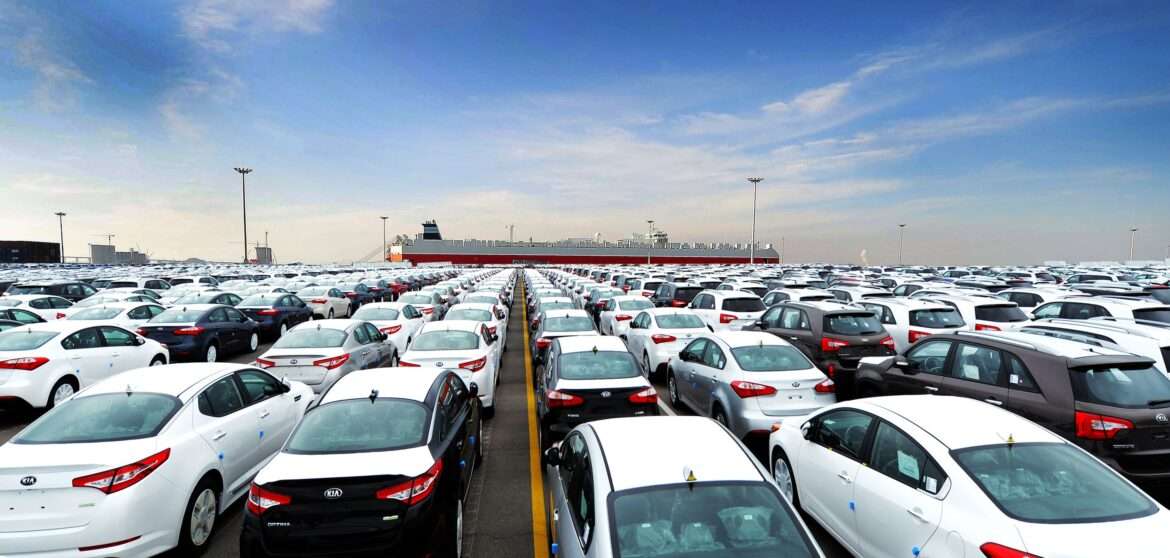Why Some Luxury Cars Are Cheaper When Imported
When you see a luxury car available at a surprisingly low price, especially when imported, it’s easy to get excited. Who wouldn’t want to own a premium vehicle like a BMW, Audi, or Mercedes-Benz for much less than the local showroom price? But while these deals might seem like a dream come true, there are hidden risks that every buyer should be aware of.
In this blog, Drive UAE, we’ll break down why some luxury cars are cheaper when imported.
Why Are Imported Luxury Cars Cheaper?
They might be cheaper because of the following reasons.
1. Lower Manufacturing and Export Costs
Some countries have lower costs for labor, materials, and production. If a luxury car is made in countries like Japan, Korea, or Mexico, the production cost is less compared to cars made in Europe or North America. These cost savings can result in lower prices for the exported vehicles.
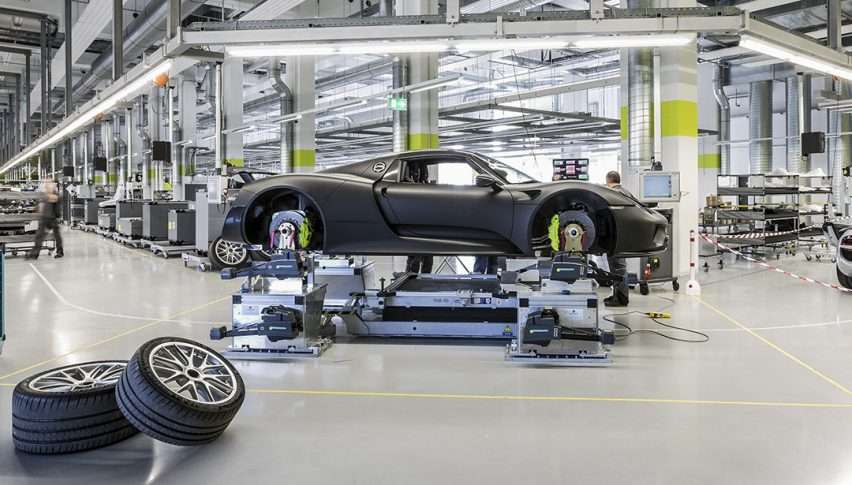
2. Currency Exchange Rates
When the currency of the country you’re importing from is weaker than your local currency, the price automatically becomes more attractive. For example, if the U.S. dollar is strong compared to the Japanese yen, cars made in Japan will be cheaper for U.S. buyers.
3. Overstock or Market Saturation
Sometimes, car dealers in other countries have extra inventory they need to get rid of quickly. To clear space, they offer steep discounts. Importers take advantage of these deals and pass the savings on to you.
4. Fewer Local Add-ons
Luxury cars sold locally often include region-specific taxes, dealership markups, or unnecessary add-ons. Imported models may skip these extras, which brings down the price.
The Hidden Risks You Need to Know
Even if the car seems like a great deal, importing a luxury car can come with several downsides that many buyers overlook.
1. High Import Duties and Taxes
While the base price of the car may be low, once it arrives in your country, you may be hit with high import duties. These can range anywhere from 50% to over 100% depending on your country and the type of car.
You may also have to pay Added Tax (VAT), registration fees, and other government charges. All of this can turn your “cheap” car into a very expensive one.
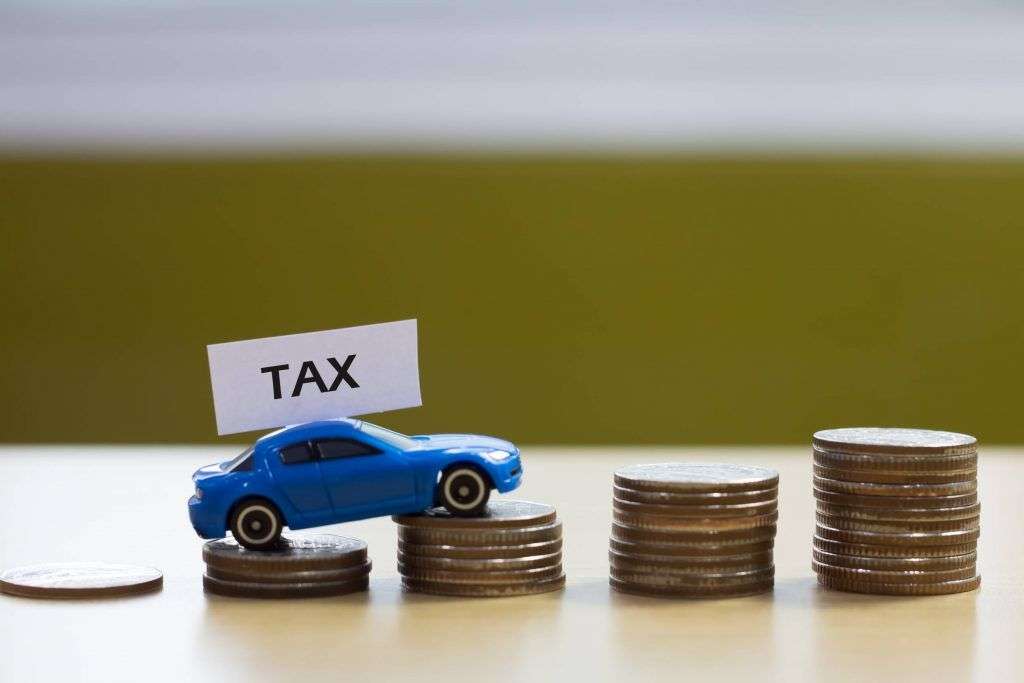
2. Compliance Issues
Cars built for another country might not meet your local safety or environmental standards.
- Safety: The car might lack features required in your region like specific airbag systems or crash protection.
- Environmental: Emissions standards vary by country, so the car may need upgrades to meet local pollution control laws.
Fixing these issues can be expensive and time-consuming.
3. No Warranty or Service Support
Most luxury cars come with a manufacturer’s warranty but this often doesn’t apply if the car wasn’t officially imported through a certified dealer.
Also, finding spare parts or a trained technician for an imported model can be difficult. Some models might even use different components than the ones sold locally, making repairs more expensive and complicated.
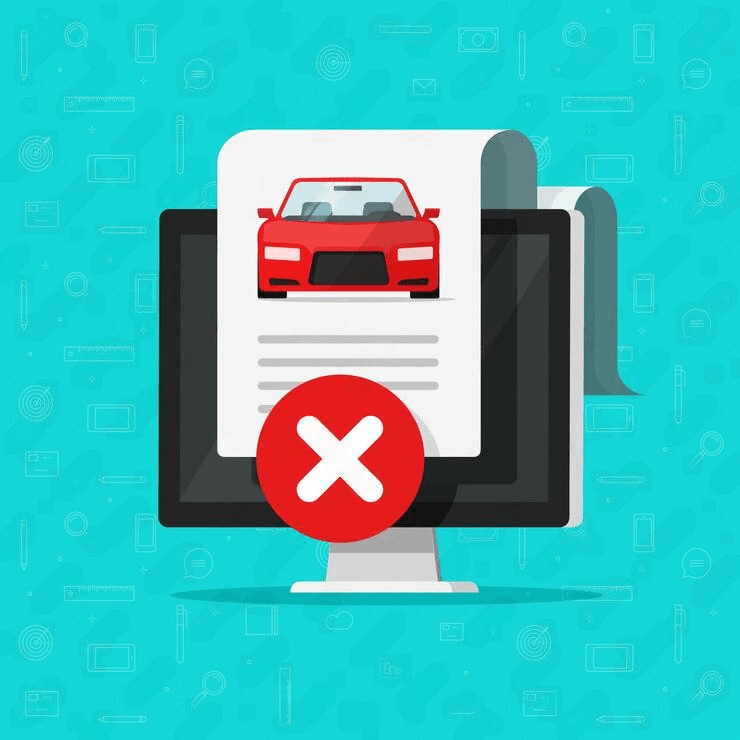
4. Insurance Challenges
Insurance companies are often cautious about imported cars. They may charge higher premiums due to:
- Limited spare parts
- Lack of verified history
- Complex servicing needs
In some cases, you may not get comprehensive coverage at all.
5. Lower Resale Value
When you go to sell your imported car, you might not get the price you expect. Many buyers avoid imported luxury cars because:
- They worry about maintenance issues
- Service history may be incomplete
- The warranty may have expired or not apply
As a result, resale prices are often lower compared to local models.
How to Protect Yourself
If you’re still considering buying a cheaper luxury car through import, here are a few things you can do to reduce the risk:
Do Thorough Research
Know the total cost before committing, including the price of the car, shipping, taxes, compliance modifications, and registration fees. Talk to experts or import agents who can give you accurate estimates.
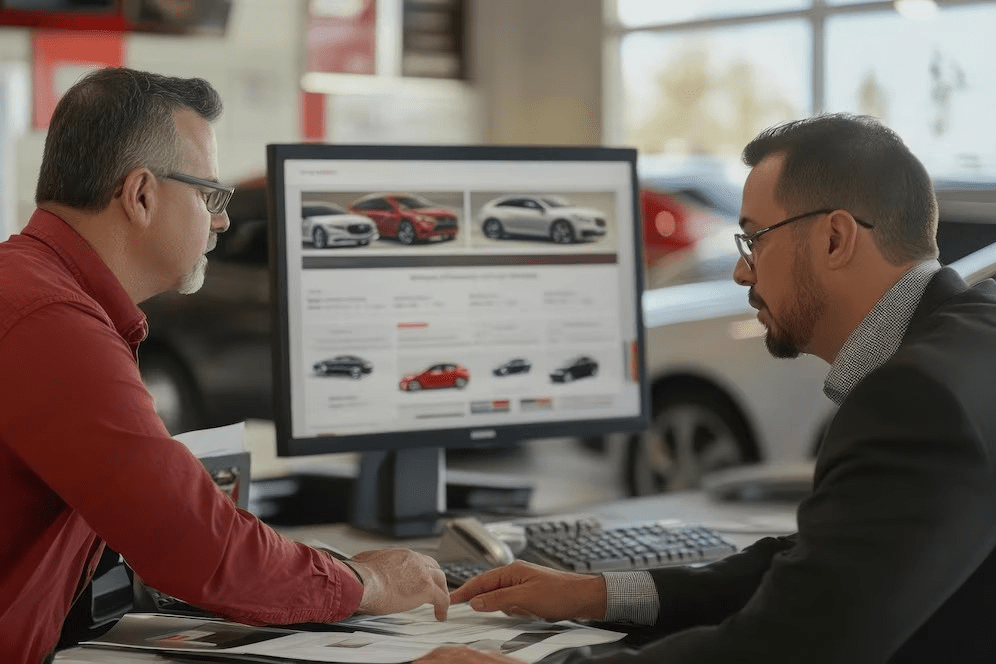
Verify the Vehicle’s History
Get a full vehicle history report to make sure the car hasn’t been in major accidents or hasn’t been written off. Watch out for “lemon” vehicles that are sold at a low price due to previous damage.
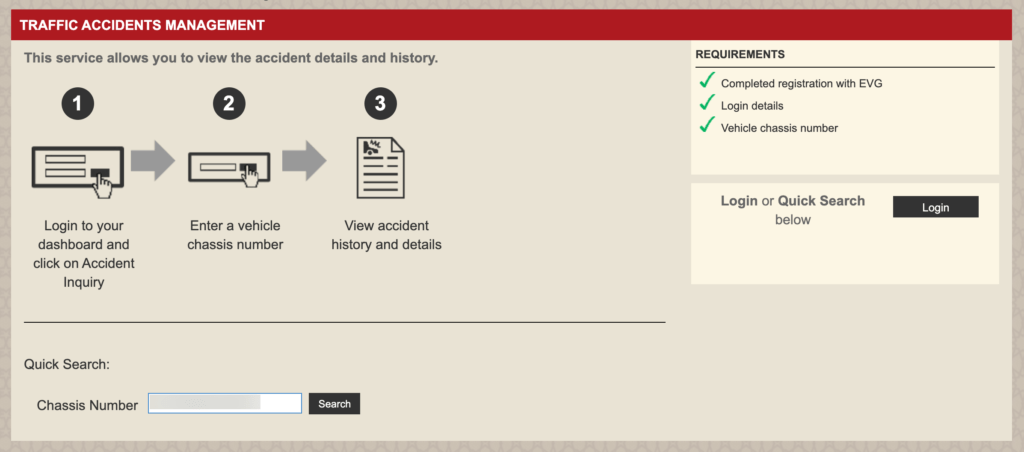
Consider Locally Certified Pre-Owned Cars
Certified used cars sold locally might cost a bit more but come with a warranty, verified service history, and dealer support, making them a safer bet.
Confirm Insurance Before You Buy
Check with your insurance provider before finalizing the purchase to ensure you’ll be able to get adequate and affordable coverage.

Conclusion
Buying an imported luxury car at a cheaper price can feel like scoring the deal of a lifetime, but it’s important to look beyond the price tag. Import duties, legal compliance, servicing issues, and resale concerns can quickly eat away at your savings.
Before making a decision, do your homework, consult with experts, and weigh the long-term costs and benefits. A little caution upfront can save you a lot of money and stress later on.

